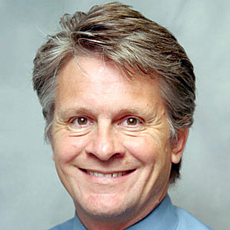
Increasing competition for health information technology professionals has left a gap between the IT sophistication of rural healthcare providers and their urban counterparts, according to a recently published study.
A University of Missouri research team, led by Gregory Alexander, Ph.D., conducted the first national assessment of IT use among nursing homes since 2004. Previous research has shown that increasing IT sophistication can lead to improved nursing home quality, and those benefits did not change based on a facility’s location, Alexander said Tuesday in a press release.
But the team’s findings, published earlier this year in the Journal of Rural Health, showed a “significant gap” in technology sophistication between rural and urban skilled nursing providers. Facilities in urban areas were found to have greater IT capabilities for resident admissions, as well as conducting and verifying medical tests, than rural providers.
That gap is likely due to increased competition for healthcare IT professionals in metropolitan areas, which makes it difficult for rural providers to compete for talent, Alexander said.
“Policy makers need to be aware of the unique challenges facing rural health organizations and provide the necessary incentives to help rural nursing homes improve their IT sophistication,” Alexander added. “Improvement of IT sophistication will lead to better patient outcomes and a better quality of life for nursing home residents.”
The study’s results also showed a greater use of IT in domains such as resident care and clinical support, an “encouraging” finding since the systems have historically been used “used solely for administrative activities,” the study’s authors noted.




